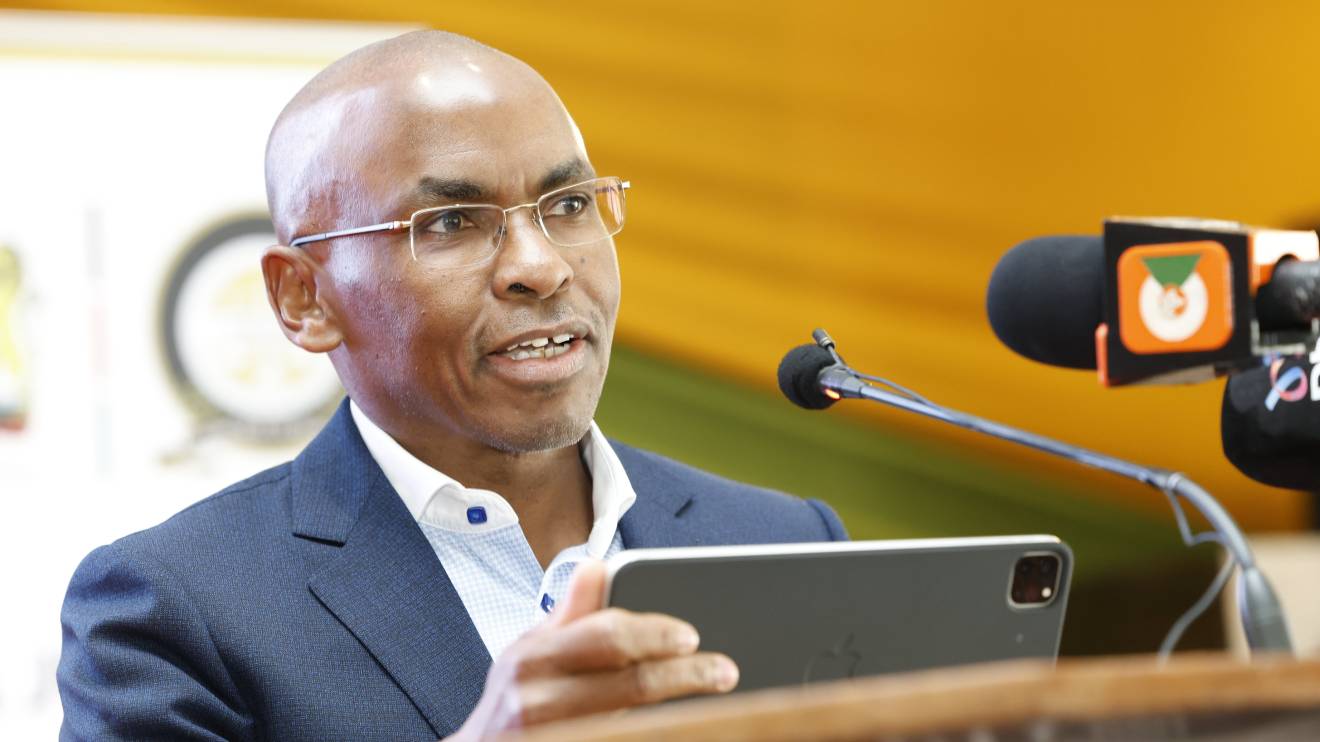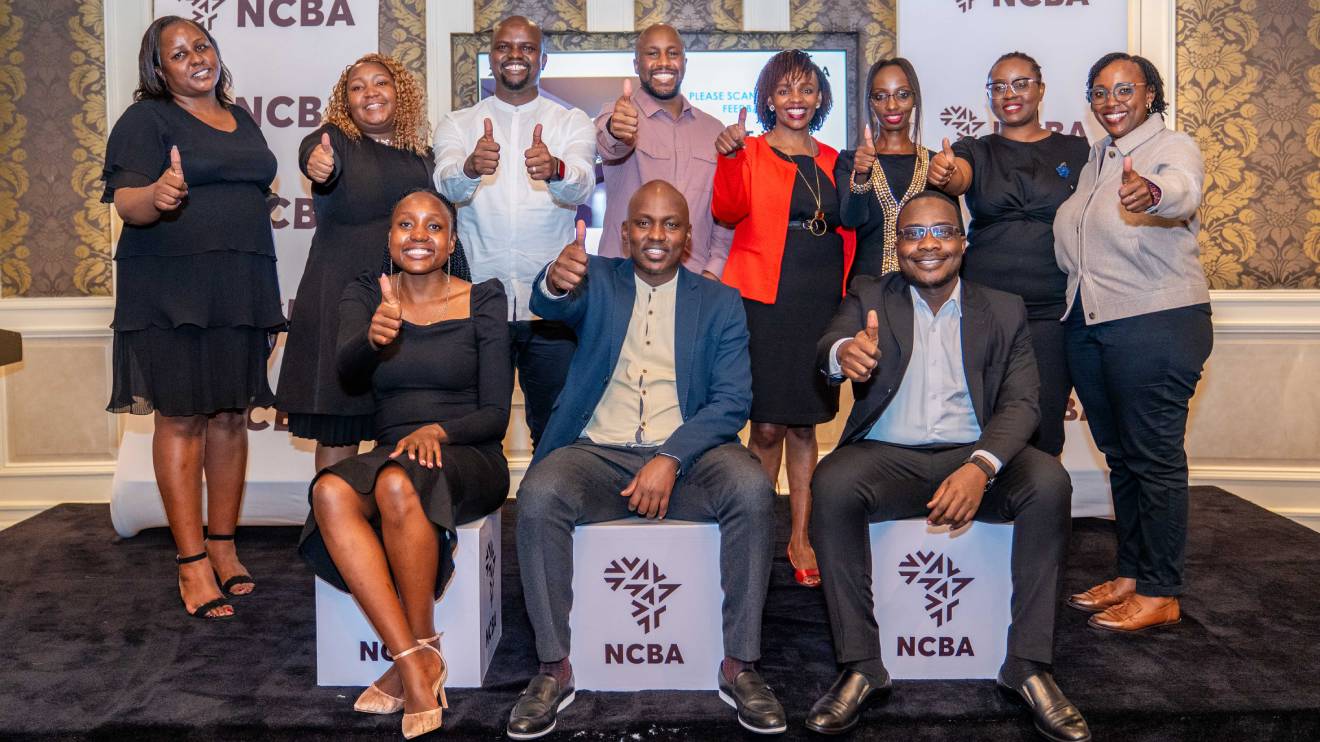Safaricom has pledged to strengthen its partnership with the Judiciary in building technological capacity, with Chief Executive Officer Peter Ndegwa stressing the need for courts to deliver justice with an informed grasp of the digital landscape.
Speaking on Monday at the opening of the Kenya Judiciary Academy’s five-day Judges’ Colloquium in Mombasa, Ndegwa said technology must serve people by expanding access and opportunities, particularly for the marginalised.
“At its core, technology exists to meet human needs: to unlock possibilities, to connect, to empower, and, to deliver justice. This is especially true for those on the fringes of society who have too often been excluded from social and economic opportunities," Ndegwa said.
"It is this mission that has driven Safaricom for the past 25 years, whether by delivering connectivity, enabling digital inclusion, or creating pathways for economic participation that ensure no one is left behind. This mission closely intersects with the vital role you, judges, play as the umpires of justice in a society navigating rapid technological advancement."
Ndegwa added that safeguarding justice requires judges to make decisions with a sound understanding of the digital environment.
Read More
“…Safeguarding justice means ensuring that decisions are delivered with a sound understanding of the technology landscape. Recognising the vital role courts play as guardians of the rule of law, as an industry, we have partnered with the Kenya Judiciary Academy to provide capacity building for the Judiciary in technical areas such as Global System for Mobile Communication and mobile money systems,” he noted.
Supreme Court Judge and Director General of the Kenya Judiciary Academy, Justice (Dr) Smokin Wanjala, said the choice of this year’s theme was deliberate, noting both the rapid evolution of technology and its impact on judicial operations.
“The choice of this theme is deliberate and two-fold. First, on the jurisprudential facet, we are witnessing rapid technological advances that Judges must keep abreast of to ensure our decisions remain not only jurisprudentially sound but also technologically attuned," Wanjala stated.
"Second, on the institutional and operational front, the Judiciary is undergoing profound technological transformations, making it imperative for Judges to understand how these developments shape and impact our work.”
Deputy Chief Justice Philomena Mwilu reflected on the enduring oath of office that guides judges even as the institution embraces digital transformation.
“This year’s theme, ‘Digital Transformation, Technology and the Law – Tech Justice’, is most pertinent considering the fast changing and developing context both for judicial practice and for the administration of justice," Mwilu remarked.
"But as we look to the future, as we adapt, evolve and innovate to harness opportunities and address the challenges and obstacles emerging within our rapidly digitising spaces, there are principles and values that remain constant. As Judges, our anchor in the swell, our ‘Prospero’s magic’ in the tempest, is the oath that we swore.”
Chief Justice Martha Koome said the Judiciary is already pursuing a wide range of digital solutions under the Social Transformation through Access to Justice (STAJ) blueprint.
“The Judiciary itself is undergoing a profound digital shift, anchored in the STAJ blueprint’s commitment to leverage technology for efficiency and enhanced access to justice," Koome stated.
"It for this reason that we are continuously pursuing technologically powered initiatives such as e-filing, the Integrated Case Management System, Artificial Intelligence supported National Transcription Centre, the Judiciary e-App, and the Kenya Judiciary Academy e-learning platform, amongst many other initiatives.”
The Mombasa colloquium, which has drawn judges, jurists, academics, advocates, and industry players including GSMA and the Communications Authority of Kenya, will run through the week.
Its sessions will focus on how courts can remain jurisprudentially sound while adopting innovations that expand access to justice and strengthen judicial integrity in a digital era.


-1711488419-1716535895.jpeg)

 (1)-1755468548.jpg)


-1755531438.jpg)
